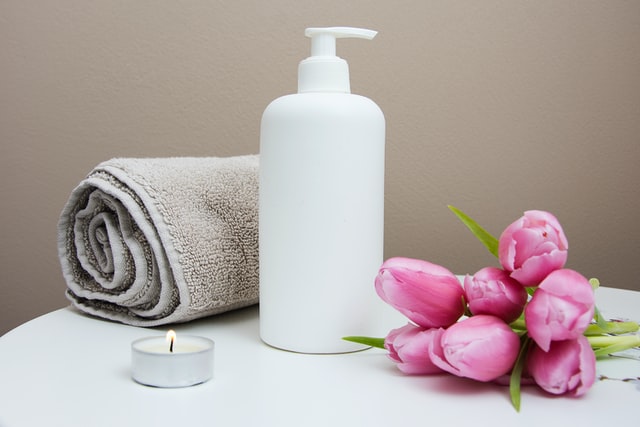The Netflix series (Un)well aims to explore whether or not the treatments, supplements, and lifestyle choices promoted by the modern wellness industry are actually making us healthier. Over the course of six episodes, (Un)well tackles as many topics: essential oils, tantric sex, breastmilk for building muscle, fasting, bee sting therapy, and ayahuasca. If you raised your eyebrows at a few of these subjects, you’re not alone—I’ve been writing about health and wellness for a while now, and frankly, I wasn’t aware that anyone was voluntarily signing up to get stung by bees or drinking human breastmilk past childhood.
Most episodes follow a similar format, with an occasional detour. First, we’re introduced to a treatment that falls under the wide umbrella of “alternative medicine.” As the episode proceeds, we typically meet certified healthcare providers who have integrated this treatment into their practice, generally as a form of supplementary care, as well as scientists and medical researchers who are conducting further studies. The directors showcase patients who have been let down by modern medicine in some way, many of whom found some relief with these unorthodox treatments. (Un)well’s strength lies in treating these patients with dignity, rather than casting them as crazy hippies who simply reject science out of sheer ignorance.

But then things inevitably take a dark turn. There are the pyramid schemes peddling essential oils that sink sellers into debt. There are the tantra “gurus” who prey on young women who attend their retreats, with several women who were assaulted at these gatherings sharing their stories. There are the neonatal intensive care units that do not have enough breastmilk for babies separated from their mothers, while bodybuilders supplement by pouring it into their protein shakes. There are the “healers” running unregulated fasting centers where guests have passed away after becoming dangerously thin. One thing quickly becomes obvious: the lack of regulation in this industry means that people with malicious motives are able to profit from—and even abuse—very vulnerable people. Some of these “practitioners” will gladly talk about the problems within the pharmaceutical industry while raking in massive profits off desperate people who they harm rather than help.
With the lack of narration, it’s clear that the directors of (Un)well wanted to strike a balance between different perspectives and allow the audience to make up their own minds about these treatments and practices. But admittedly, leaving space for nuance didn’t necessarily make the series more interesting. While some of the individual stories presented were very interesting as potential case studies, the implied message became repetitive.
For the most part, it seemed that almost every episode basically illustrated that we need additional scientific research on treatments that seemed promising, and that when carried out by practitioners with the right credentials in controlled settings, some of these treatments could be of genuine benefit to patients. However, some trends were explicitly condemned as unethical: there is absolutely no reason for adult bodybuilders to drink breastmilk, especially when there is barely enough donated for babies in need. The predictability of each episode eventually resulted in a certain sense of boredom: each time the intro kicked in, I had a pretty good idea of what the conclusion would be before the first patients even came on screen.

Because (Un)well doesn’t necessarily make a specific statement about the world of wellness as a whole, it’s hard to sum up my impression of the series. I came away with the feeling that the problem at the heart of our mainstream medical system as well as the wellness sphere is the potential for profit. At the beginning of each episode, a disembodied voice asks if wellness is “really making us…well?” Admittedly, this framing frustrated me. The reason so many of us are struggling with our mental and physical health today is not generally because of allopathic or alternative medical treatments gone wrong. From the perspective of this American, it’s because we’re working longer hours for lower pay, with less time to care for ourselves and our loved ones. And in many cases, we’re talking ourselves out of seeing any healthcare provider, mainstream or otherwise, because we know that we’ll be getting some eye-popping medical bills when all is said and done.
Sure, exploring “wellness” trends that come across as wacky makes for somewhat entertaining TV. However, without an explicit exploration of the profit motives at the heart of these issues, the series fell somewhat flat for me. Examining individual treatments is one thing, but I wish (Un)well had been willing to dig a little deeper.
Also by Jane: What You Can’t Afford To Not Know About Couple Finances
Related: These 6 Netflix Documentaries Convinced Me To Go Veg (Watch With Roommate/Partner!)
Why We’ve Hit Peak Millennial With Goop Lab (& Where We Go From Here)
Get more like this—Sign up for our daily inspirational newsletter for exclusive content!
__
Photo: Unsplash




